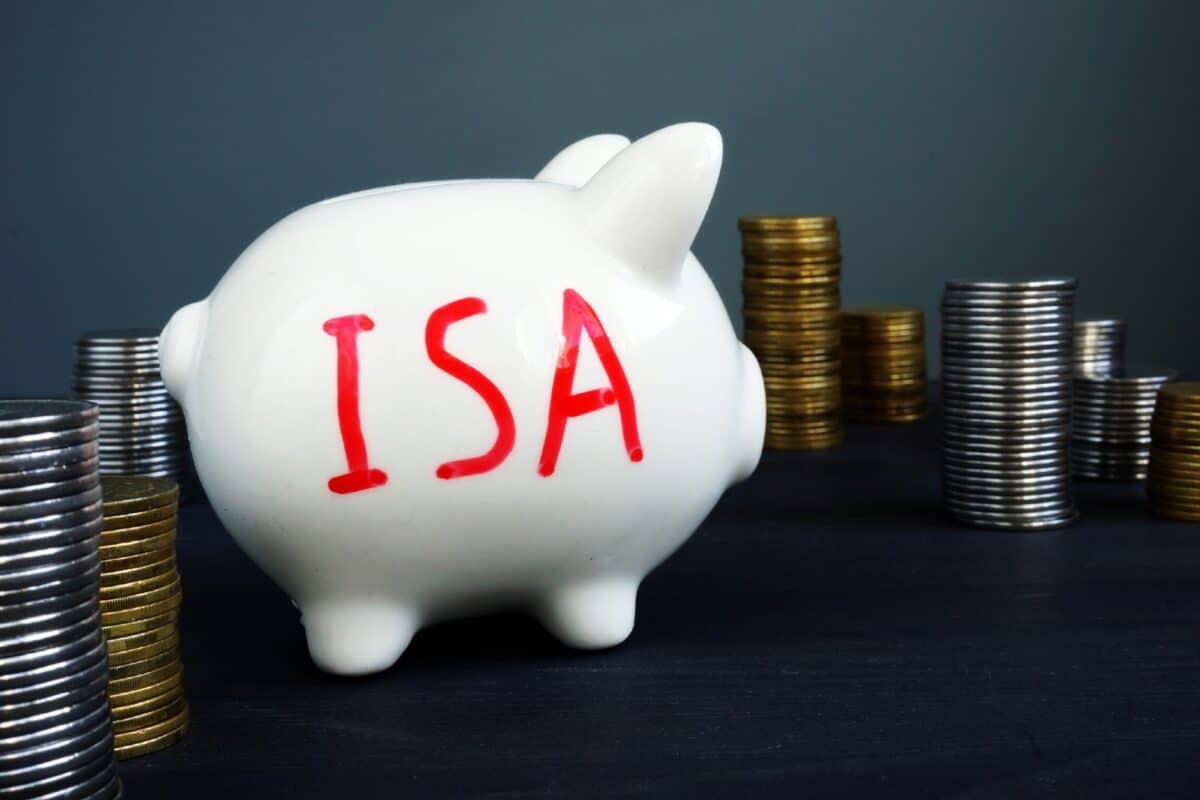Could drip-feeding £200 a month into a Stocks and Shares ISA hand me a recurring £15,875 income? An income that I’d receive year after year, come rain or shine? And even one that wouldn’t even eat into the nest egg? The answer is yes, probably.
Best in the world
The ISA is a crucial part of the equation. The Financial Times called ISAs “arguably the best investment ‘wrapper’ in the Western world” and I don’t disagree. Tax-free access to the stock market is uncommon in many countries, yet in the UK we get it and then some.
A Stocks and Shares ISA confers a lifetime exemption from taxes such as capital gains (up to 27%) and dividend taxes (up to 39%!) If I had to divert those amounts to the taxman then my notion of a big ISA income would appear more than a little farfetched.
Should you invest £1,000 in National Grid right now?
When investing expert Mark Rogers has a stock tip, it can pay to listen. After all, the flagship Motley Fool Share Advisor newsletter he has run for nearly a decade has provided thousands of paying members with top stock recommendations from the UK and US markets. And right now, Mark thinks there are 6 standout stocks that investors should consider buying. Want to see if National Grid made the list?
Please note that tax treatment depends on the individual circumstances of each client and may be subject to change in future. The content in this article is provided for information purposes only. It is not intended to be, neither does it constitute, any form of tax advice. Readers are responsible for carrying out their own due diligence and for obtaining professional advice before making any investment decisions.
As good as the ISAs may be, there’s still plenty of work to be done here. I’m aiming to start from zero and add £200 a month. That’s slow going and will feel utterly glacial to begin with.
Slow start
After a year of plugging away, I’ll have deposited just £2,400 and received perhaps a tiny tranche of capital gains. It might seem like I’m going nowhere and this is where a lot of people trip up. Why save for a distant future when you can splurge on getting texmex or bibimbap delivered to the door once a week instead?
But investing is slow towards the start then very, very fast towards the end. After 30 years with 9% returns then I’ve built up a nest egg of £342,876!
It might not seem like chucking a couple of hundred quid in could do that, but most of the work gets done later on in the process. The interest received in the 30th year is £28,219, for example. Wild. But that’s exponential growth for you.
It’s wise not to withdraw that much though. I mentioned a 9% return rate, which is roughly in line with UK stocks in the 20th and 21st centuries, but many companies will offer more especially if I’m looking at dividends.
Where to invest
National Grid (LSE: NG) is a very popular choice for ISA accounts. Data from AJ Bell revealed that 25% of accounts with £1m or more owned the shares of the utility firm. The reason for such a high uptake is likely a weighty and stable dividend.
The shares yield 4.63%, which would mean a hypothetical £15,875 yearly passive income on the aforementioned nest egg. With stable revenues and income – National Grid’s UK operations are a monopoly – those dividends will likely keep coming for years to come.
While there are no free lunches on the stock market, and NG does face the thorny issue of capex investing for a carbon-free future, it looks like a terrific option for those looking for ‘come rain or shine’ income in their ISA. As such, it’s a stock I expect to own when I want a more income-focused portfolio.








